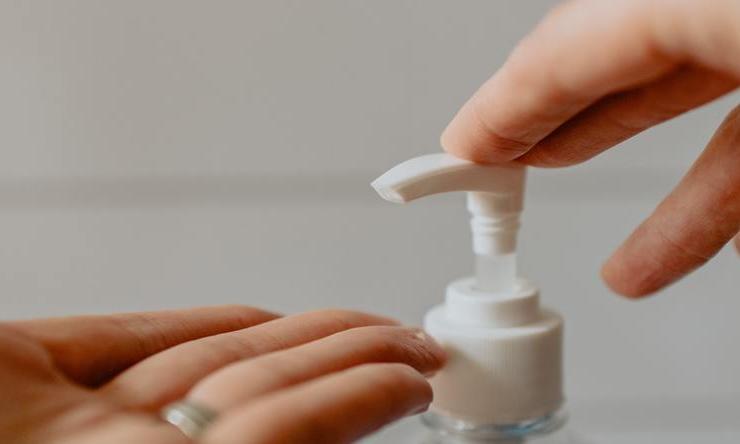Managing anxiety during a global pandemic
People experience heightened stress and concern in times of crisis like we are currently facing. Dr. Asim Shah, professor and executive vice chair in the Menninger Department of Psychiatry and Behavioral Sciences at Baylor College of Medicine, sheds light on how to cope with stress and anxiety during the coronavirus pandemic.
Managing stress
“There are three vulnerable groups of people who stress more in a time like this – people with mental health and substance abuse issues, children and first responders such as physicians and nurses,” Shah said.
To relieve stress, people should debrief and distance themselves from constant news coverage. Hearing the information continually will cause more anxiety, so Shah suggests spending time with family, finding ways to help those in need, watching a light comedy or doing fun, at-home activities. Those sensitive to the news should make sure they are getting their news from trusted sources and limit watching to once or twice a day.
Quarantine and social distancing
For those worried about social distancing and isolation, remember you can socialize online and on the phone. It’s important to be able to talk to someone during these stressful times, so use social media or call someone. You don’t have to be face-to-face, Shah explained.
“Think about the worst-case scenario and remind yourself you are in a better situation staying at home,” Shah said. “You can entertain yourself with books, television, music and more. Take it as a positive as opposed to a negative.”
Talking to your children
If parents are panicking, hoarding and stressing, children will panic as well. Parents are role models, so portray information in a calm manner so your kids stay calm. Talk about the pandemic with your children and discuss based on their age group:
• Ages 5 and under: teach them how to wash their hands effectively. Make it a fun activity, and they will make it a habit.
• Ages 6 to 12: inform these children this disease can result in mortality, and emphasize the importance of taking care of themselves. Tell them if they do not take care of themselves by washing their hands and avoid touching their face, they too can be infected, which can cause hospitalization and the risk of spreading it to others.
• Ages 12 and older: give them more information about the disease, and you can share more about the risk of mortality.
Grocery store panic
Shah urges people to not make the panic larger than the pandemic. People who are buying food and supplies in bulk are looking at part of the problem, but not the whole scenario.
“It’s a ripple effect. If we calm down on stockpiling, things will be better,” Shah said. “The stores should have a limit of what you can buy. Everyone needs to have some stuff, but if we all stock up, it will increase the panic.”
Take precautions, wash your hands and stay home if you can. Remember to avoid negativity if you are sensitive to information related to this pandemic.










